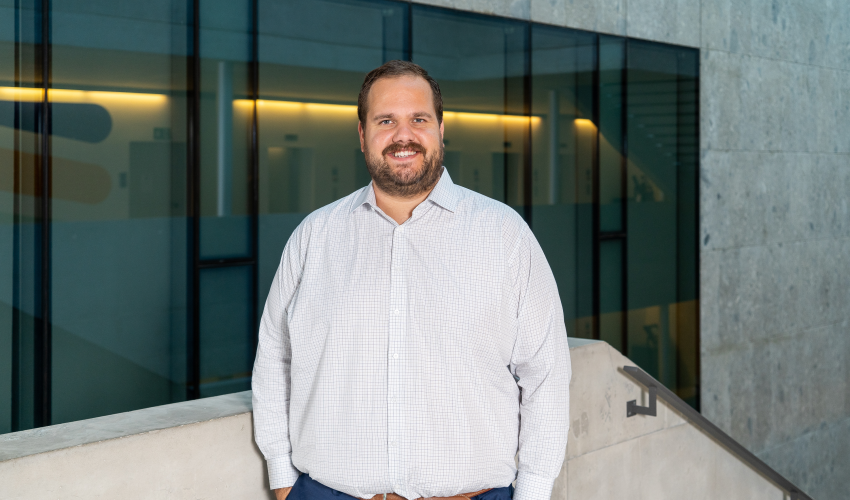
Venture Capital: greasing the wheels of MA markets?
A RESEARCH PAPER INVESTIGATES THE RELATIONSHIP BETWEEN STARTUPS AND VENTURE CAPITALISTS, SHOWING THAT EARNOUTS ARE LOWER WHEN VENTURE CAPITAL FIRMS ARE INVOLVEDby Lauren Vollon, assistant professor at Department of Accounting
Venture capital firms (VCs), sophisticated investors in early-stage startups, are important players in the startup industry. The majority of startups exit through a Merger and Acquisition (M&A) deal (CB Insights, 2022). However, empirical evidence on private M&A contracting is limited due to data constraints. My job market paper, titled Venture Capital and Private M&A Contracting, aims to fill the void and investigates the role of VCs in the M&A market.
I focus on a commonly-used contractual mechanism in M&A contracts: earnouts. An earnout is “an arrangement where part of the merger consideration is made contingent on a future event (e.g., drug approval or first product sale) or (financial) performance measure (e.g., revenues, net income, or EBITDA).” Earnouts generally address information problems between a seller and buyer in the private M&A market.
In the paper I show that buyers and startups use earnouts less frequently in the M&A contract, when VC participates in the transaction. This finding suggests that VCs play a similar role as earnouts in alleviating information asymmetry between buyer and seller about the value of the business entity. VCs are able to play this role because they play a repeated game in the M&A market. I document that existing relationships between buyers and VCs (through previous M&A transactions) further reduce the need for the use of earnout clauses in the M&A contract indicating that buyer-VC relationships are important drivers of the private startup M&A market.
Next, I explore two sources of economic friction that are specific to VCs in the M&A process. First, earnout contracts require the VC to monitor the startup’s operations after the M&A transaction and verify the earnout consideration. I show that VCs are less likely to use earnouts when monitoring costs are high, as measured by the physical distance between the VC and the startup. Second, VC funds have a closed-end structure and, on average, liquidate themselves in about 10 to 12 years. VC fund investors expect a return on their investment at the end of the fund’s lifetime, at which time the VC fund manager has to turn its investments into cash. Comparing early and late M&A deals in the same VC fund, I find that early M&A deals in the lifecycle of the VC fund have a higher likelihood of having an earnout than later deals. These results indicate that VCs have idiosyncratic preferences over the use of earnouts that might or might not align with the preferences of other investors.
In conclusion, my study provides new insights for startups to consider when choosing a VC investor (or VC fund) and how this choice can potentially affect M&A contractual outcomes. On average, the use of earnouts is lower for VC-backed startups compared to other startups and previous relationships between VCs and buyers further decrease the use of earnouts, which is consistent with VCs alleviating information asymmetry problems in the M&A market. VCs also protect their own idiosyncratic interests, such as balancing the opportunity cost emanating from monitoring costs and closing out investments at the end of the VC fund’s life, when deciding the optimal M&A contract.
References:
CB Insights. (2022). The State of Venture: Q3 2022 Global Report. Retrieved from https://www.cbinsights.com/research-state-of-venture
Holmström, B. (1979). Moral Hazard and Observability. The Bell Journal of Economics, 10(1), 74–91. https://doi.org/10.2307/3003320
Vollon, Lauren, Venture Capital and Private M&A Contracting (September 7, 2022). Available at SSRN: https://ssrn.com/abstract=4212510 or http://dx.doi.org/10.2139/ssrn.4212510
